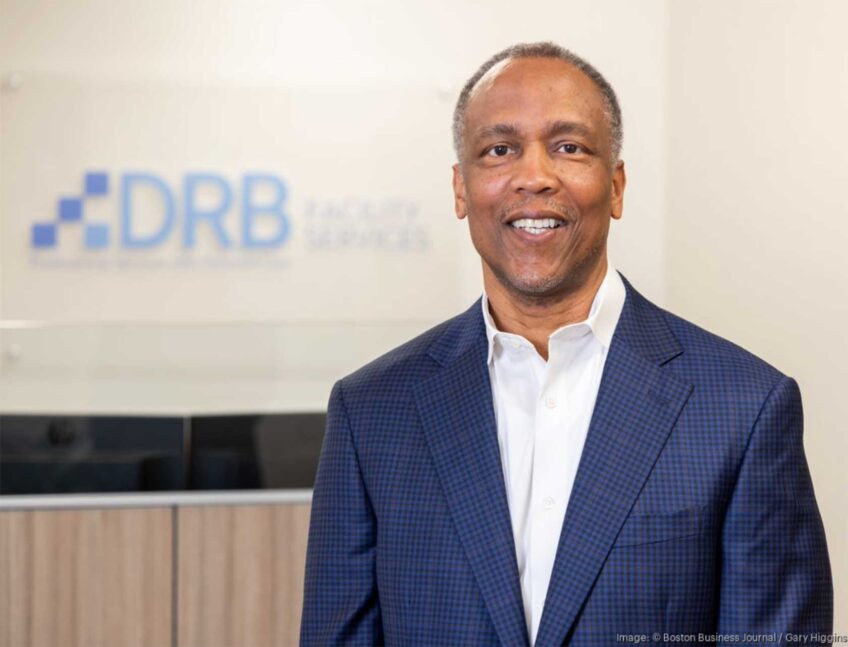Thanks to a late push, Cooperative Energy, Recycling and Organics, known as CERO Cooperative, topped its goal last week by raising $350,000 for its recycling and composting business.
To raise the capital— now totaling $370,000 — CERO used a method called a Direct Public Offering, a form of crowdfunding in which a company sells stock directly to investors, thus bypassing more traditional Initial Public Offering players such as broker dealers, investment bankers and stock market exchanges. DPOs are considered controversial due to their illiquidity and high risk potential for shareholders. Although they reduce the role of intermediaries, they don’t eliminate them. Moreover, DPOs allow firms to advertise and promote a stock sale without engaging in costly and time-consuming SEC registration and reporting costs, especially if less than $1 million is raised. Nevertheless, they’re an attractive vehicle for smaller businesses seeking to jumpstart their fundraising.
While it’s hard to guarantee returns in any market, CERO estimates it will generate a four percent annual rate of return. The DPO minimum investment was $2,500; CERO how has more than 80 shareowners.
According to CERO’s founders, a group of Dorchester, Roxbury and East Boston worker-owners, the capital raised through the stock offering will underwrite trucks and opportunities for securing more contracts, thus growing green businesses and creating good local jobs.
CERO developed its business plan in 2013 opened its doors in October 2014. It relies on a “circular economy” model, in which waste is regenerated as a productive resource. CERO gathers food waste from Boston restaurants and grocery stores, then sorts it for recycling and future composting. In its first year of operation, CERO calculates that it will divert and convert more than 1,000 tons of organic food waste, from landfills and incinerators back into the food supply chain as composted soil for area farms. CERO’s customers include America’s Food Basket, Northeastern University, the Daily Table and food business incubator CommonWealth Kitchen. CERO charges each a pickup fee, typically around $50 for a ton of waste. That’s a lot less than commercial waste management companies, which often charge several hundred dollars or more per ton.
Currently, CERO has five worker-owners, a board of directors and six employees doing commission sales work to attract customers.






